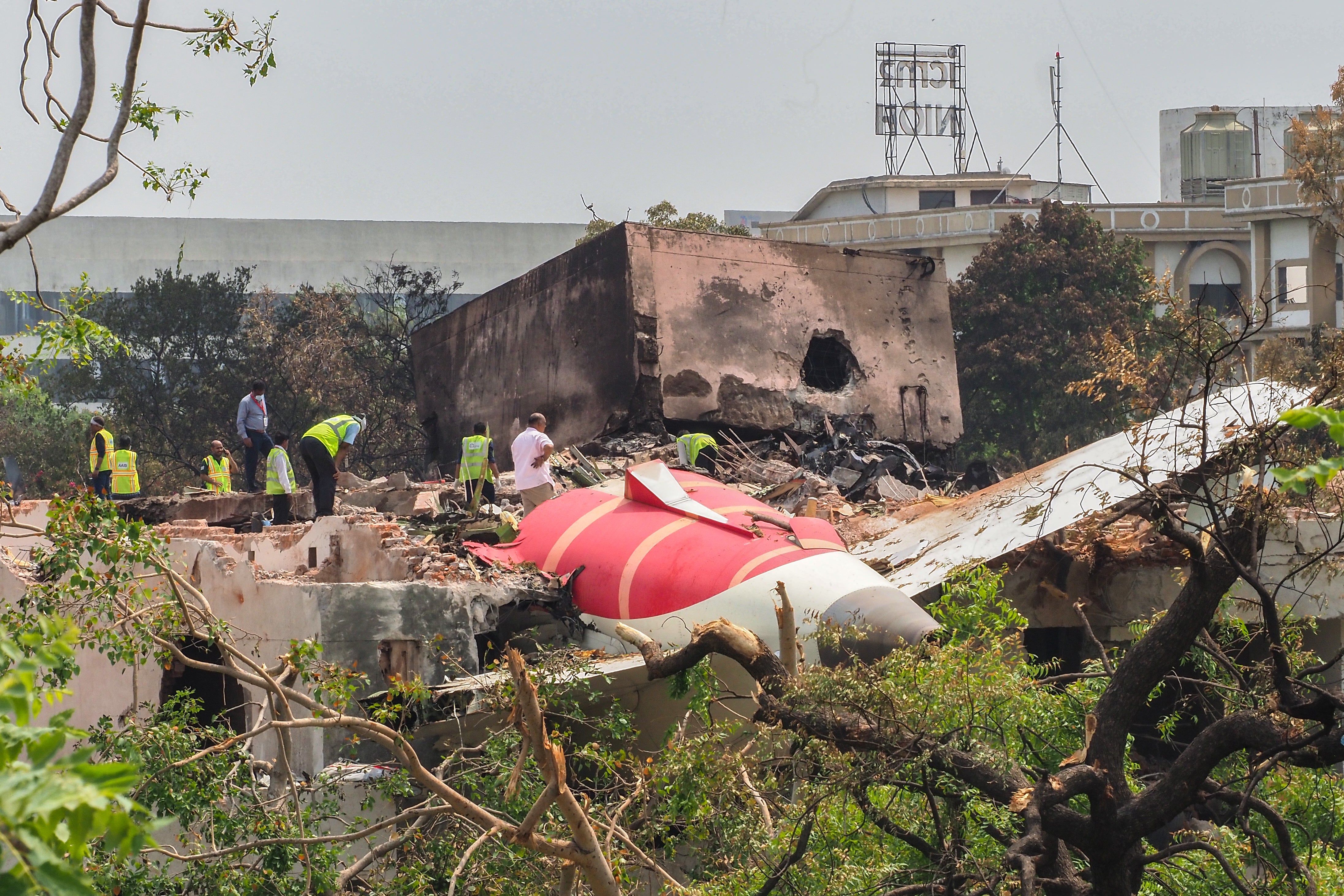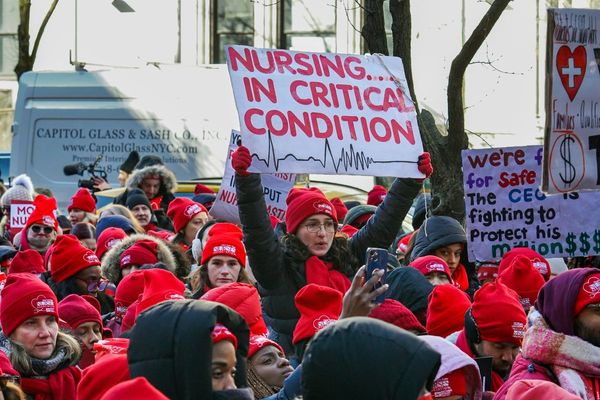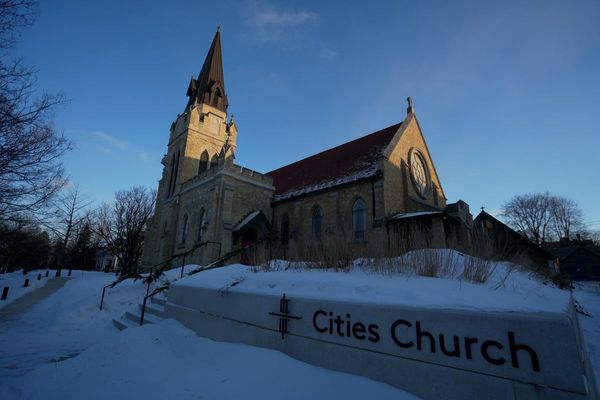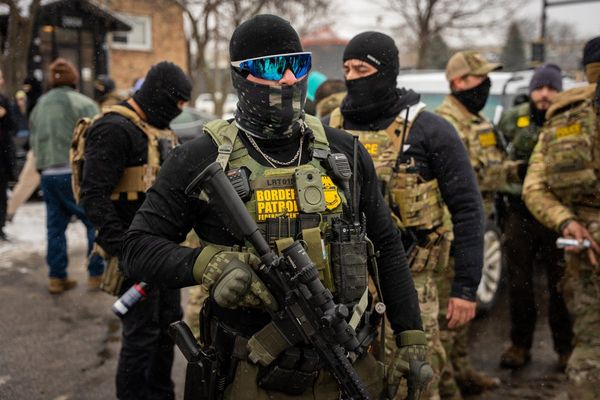India's Supreme Court has asked the federal government to respond to a plea seeking an independent investigation into the Air India plane crash that killed 280 people in June.
A London-bound Boeing 787-8 Dreamliner operated by Air India crashed less than two minutes after take off from the Ahmedabad airport on 12 June. The aircraft lost power, veered off course, and struck a medical college building near the runway, killing all 229 passengers, 12 crew members, and 19 people on the ground.
India's top court on Monday was responding to a public interest litigation filed by a non-profit, Safety Matters Foundation, marking its first examination of the probe being carried out by Indian authorities into the incident.
"The investigation necessarily involves a critical examination of DGCA's [Directorate General of Civil Aviation] own regulatory actions and possible lapses," the plea said. Lawyers for the organisation questioned the inclusion of officials from the aviation safety regulator on the probe panel, saying it created a "conflict of interest".
A preliminary investigation report released earlier by the Indian government showed pilot confusion in the cockpit shortly before the crash after the plane's fuel engine switches had almost simultaneously flipped from run to cutoff just after takeoff.

The report appeared to exonerate Boeing and engine maker GE Aerospace, but some family groups have criticised investigators and the press for being too focused on the pilots' actions.
"Three of the members are the serving officers of the DGCA, which creates a very serious conflict of interest," Prashant Bhushan, appearing for the petitioners, told the judges.
The two-judge bench observed that it was "irresponsible" to blame pilots – Sumeet Sabharwal and Clive Kunder– based on a preliminary inquiry report.
"If tomorrow someone irresponsibly says pilot A or B was at fault, the family will suffer... What happens if the final inquiry report later finds no fault?" the court asked, noting the importance of maintaining confidentiality until the inquiry is complete.
Mr Bhushan told the court that after the "government officially released the report, and everyone went around saying it was pilot error". "These were very experienced pilots, yet the story suggested that the pilot was suicidal and had switched the fuel switch."
“That was unfortunate,” said Justice Surya Kant. He added that reports suggesting that one of the pilots was suicidal a "very irresponsible" kind of reporting.
"Unfortunately, sometimes when such a tragedy happens, the benefit is taken by rival aircraft companies," the bench added.
The court said it will review the demand for a "fair, impartial, and independent, and expeditious" investigation and it has asked the government to respond.
Pushkaraj Sabharwal, the father of Sumeet Sabharwal, the captain of the doomed flight, has demanded a fresh investigation, saying preliminary findings unjustly damaged his son’s reputation.

Mr Sabharwal has written to the Indian civil aviation ministry demanding a formal inquiry under sections of the Aircraft Investigation of Accidents and Incidents Rules, 2017. This rule allows the government to order an independent probe even while India’s Aircraft Accident Investigation Bureau investigation is ongoing.
Mr Sabharwal, 91, said selective leaks from the preliminary report wrongly suggested his son was depressed and could have crashed the aircraft deliberately. Such speculation was “deficient, diversionary and discrepant” and violated his son’s fundamental right to reputation under India’s constitution, the Indian Express reported.
He rejected claims that the late pilot’s divorce 15 years earlier or his mother’s death three years ago had affected his mental health.
Meanwhile, families of four victims of the plane crash have filed a separate case in the US against Boeing and Honeywell, which made the switches. The lawsuit alleged that a defective fuel control switch led to the disaster.
The lawsuit filed in the Delaware Superior Court states that the Boeing aircraft’s fuel switches could inadvertently have been flipped to “cut-off” because of their design.
It argues that by placing the switches behind the thrust levers, “Boeing effectively guaranteed that normal cockpit activity could result in inadvertent fuel cut-off”.
Boeing earlier told The Independent: “Consistent with US law and the UN International Civil Aviation Organization protocol known as Annex 13, we will refer you to the AAIB and the preliminary report for any additional information.”
Air India victims’ families sue Boeing and Honeywell as pilot’s father seeks probe
Lawyer for Air India families says one key theory has emerged to explain crash
India issues response after Trump’s new H-1B visa rules spark panic
What are H-1B visas and what has Trump said about them in the past?
Popular Indian singer dies in diving accident in Singapore
Paranormal activity YouTuber arrested over video claiming new Goa airport is haunted







